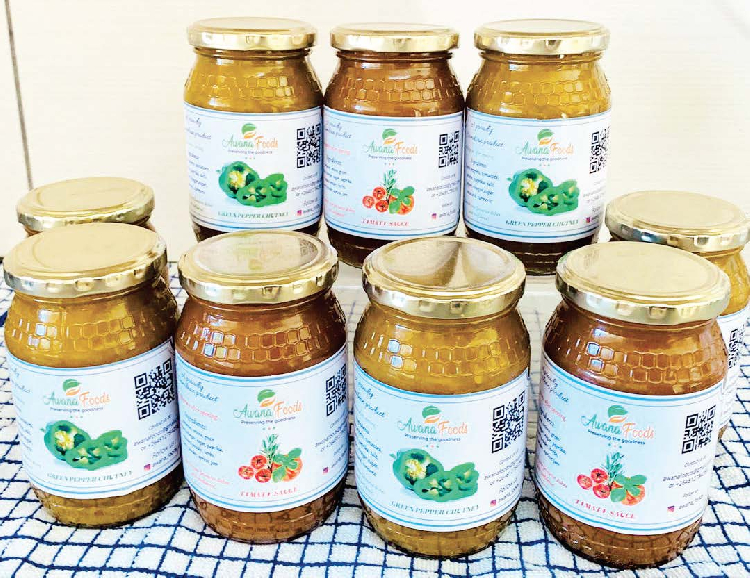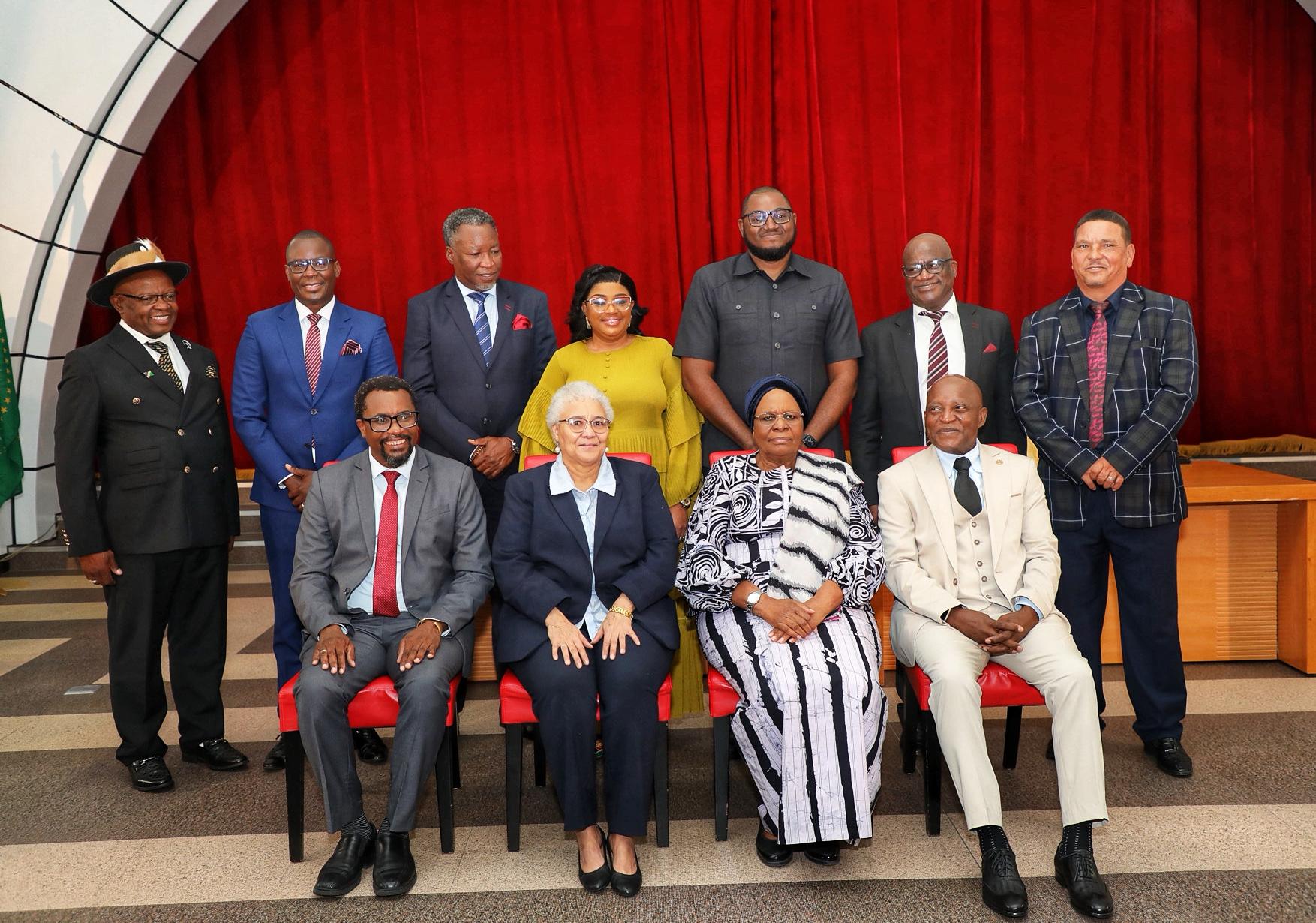SARA Ekondo wears two hats. She is a quantity surveying professional, as well as a budding entrepreneur.Although the Oshakati-based 26-year-old holds a day job with the National Housing Enterprise (NHE), this has not kept her from venturing into the value-addition business.
Ekondo founded Awana Foods to preserve perishable local and indigenous foods, extending their shelf life and enhancing food security and nutrition in the country.
“About 30% of horticultural produce goes to waste before reaching the market, and yet a large part of the population faces hunger and malnutrition,” she says.
GIZ project manager John Steytler says a Namibia Statistics Agency survey conducted in March this year found that about 60% of Namibian households were worried about not having enough food.
This translates to around 441 000 people who are expected to face high levels of acute food insecurity.
“We thought of how to convert our surplus food into forms that retain their nutritional value, and can be kept for longer with almost no special storage requirements,” Ekondo says.
“We thought of how families at villages would be able to store their vegetables for longer periods,” she says.
Climate change has increased the duration and frequency of droughts, reducing the time during which fresh locally produced vegetables are available.
With the slogan Preserving the Goodness, Awana Foods started operating last year, preserving food sourced from Ekondos family plot.
She makes use of traditional preservation techniques to make vegetables last longer.
“We preserve and package vegetables for people in rural areas as well as those in urban informal settlements who cannot afford expensive meals.
“We also preserve some foods for the health conscious, and medium to high-income earners who can keep food in freezers, which, once opened, has a limited shelf life,” she says.
Ekondo says the response to Awana Foods products has been so great that demand has outstripped supply.
There is room for more entreprenuers to come on board, she says.
“The support has been overwhelming. Friends and family have assisted here and there to see this venture off the ground, but at some point they had to let me learn to fly.
“At first we sourced our vegetables from the family plot, but we have now been contacted by the Agro-Marketing and Trade Agency to get vegetables. We also source some supplies from nearby farmers,” she says.
Ekondo, who employs two people at her food venture, says their product range includes dried cabbage, green-pepper chutney, tomato sauce, as well as lemon and hibiscus-flavoured syrup concentrates.
She says the Covid-19 epidemic has been an eye-opener and has taught business people to adapt.
“When the borders closed and few goods came into the country, people had to think out of the box. We had to run around to source packaging materials, and this has taught us to start buying local, Ekondo says.
She says another challenge was getting people to trust new products, although once that was established, she faced the challenge of meeting the demand.
“Another challenge was raising capital to expand business operations,” she says.
Her advice to young people who want to venture into business is that they should start where they are with whatever they have.
“Business requires patience and needs people to have a clear vision of what they want to achieve,” she says.
Ekondo was born at Ompakoya village in the Omusati region and holds a BSc degree in construction, and a BSc honours degree in quantity surveying from the University of Cape Town.
She is employed by the NHE as a site agent where she says she has learnt that excellence is the best way to silence critics.
Her vision for the next five years is that Awana Foods becomes a household name in the country as well as the region.
Stay informed with The Namibian – your source for credible journalism. Get in-depth reporting and opinions for
only N$85 a month. Invest in journalism, invest in democracy –
Subscribe Now!










